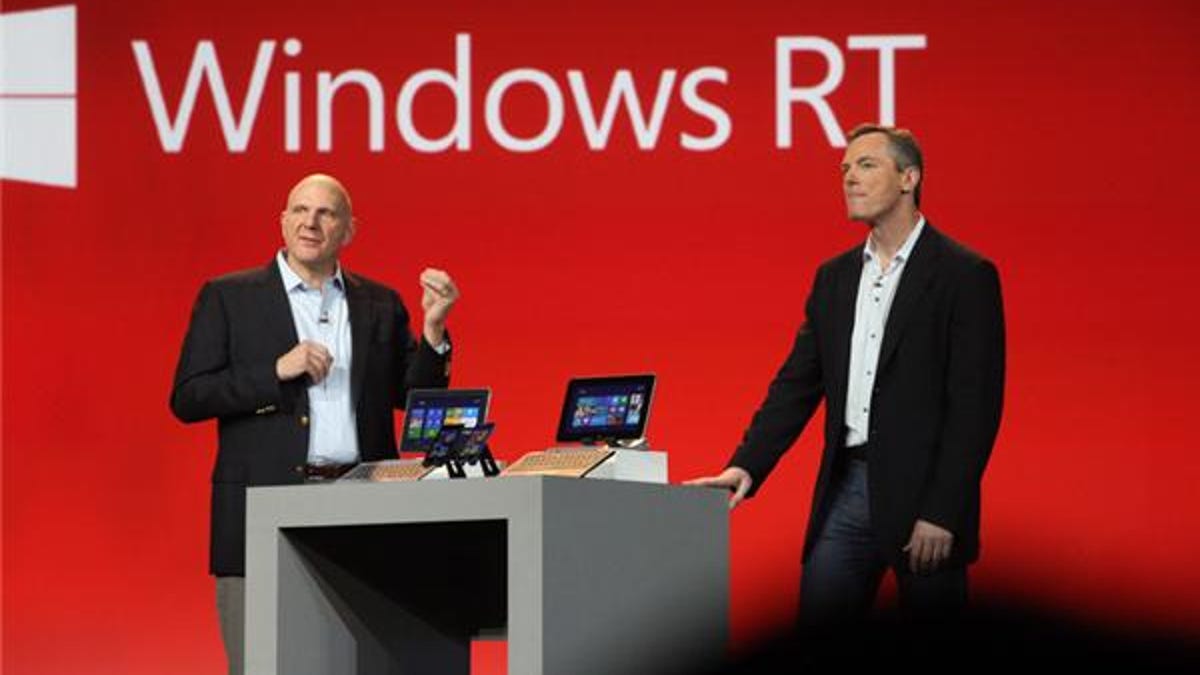Samsung's Windows RT tablet won't go to Germany, either
The company announced in January that it wouldn't launch a U.S. version of its Ativ Tab because demand appeared to be low.

Windows RT is in a bit of trouble.
Samsung today told German news site Heise that it's changed its mind on releasing the Ativ Tab in Germany. Samsung had previously hoped to offer the tablet to German customers, but revealed to Heise that demand for Windows RT is low in the country, prompting it to rethink its strategy.
The news isn't all that surprising. The company told CNET in January that it wouldn't launch its Windows RT-based tablet in the U.S. because of low demand. Here's what Samsung senior vice president Mike Abary told CNET at that time:
There wasn't really a very clear positioning of what Windows RT meant in the marketplace, what it stood for relative to Windows 8, that was being done in an effective manner to the consumer. When we did some tests and studies on how we could go to market with a Windows RT device, we determined there was a lot of heavy lifting we still needed to do to educate the customer on what Windows RT was. And that heavy lifting was going to require pretty heavy investment. When we added those two things up, the investments necessary to educate the consumer on the difference between RT and Windows 8, plus the modest feedback that we got regarding how successful could this be at retail from our retail partners, we decided maybe we ought to wait.
Windows RT is the operating system Microsoft released last year to appeal to tablet makers who wanted to deliver products built on ARM architecture. The operating system lacks some of the features found in Windows 8, but comes with a similar design.
That Samsung has decided against supporting Windows RT is worrisome for Microsoft. The company is one of the world's largest tablet makers and customers have increasingly gravitated to its products. Having Samsung on Microsoft's side with Windows RT could go a long way in helping the operating system gain a semblance of a foothold in the tablet market.
Still, Windows RT isn't out. Microsoft and a couple of its vendor partners support the operating system with their own tablets. And now that Microsoft's Surface Pro is on store shelves, customers looking to run tablets with Intel-based architecture and a fuller version of Windows can have that. Other vendors are also offering Windows 8-based tablets.
Samsung isn't the only company that's decided to ditch Windows RT-based tablets in some markets. Last June, Hewlett-Packard announced that it had no immediate plans to offer a Windows RT device after it heard from its business users that they preferred Intel-based devices.
(Via The Verge)

